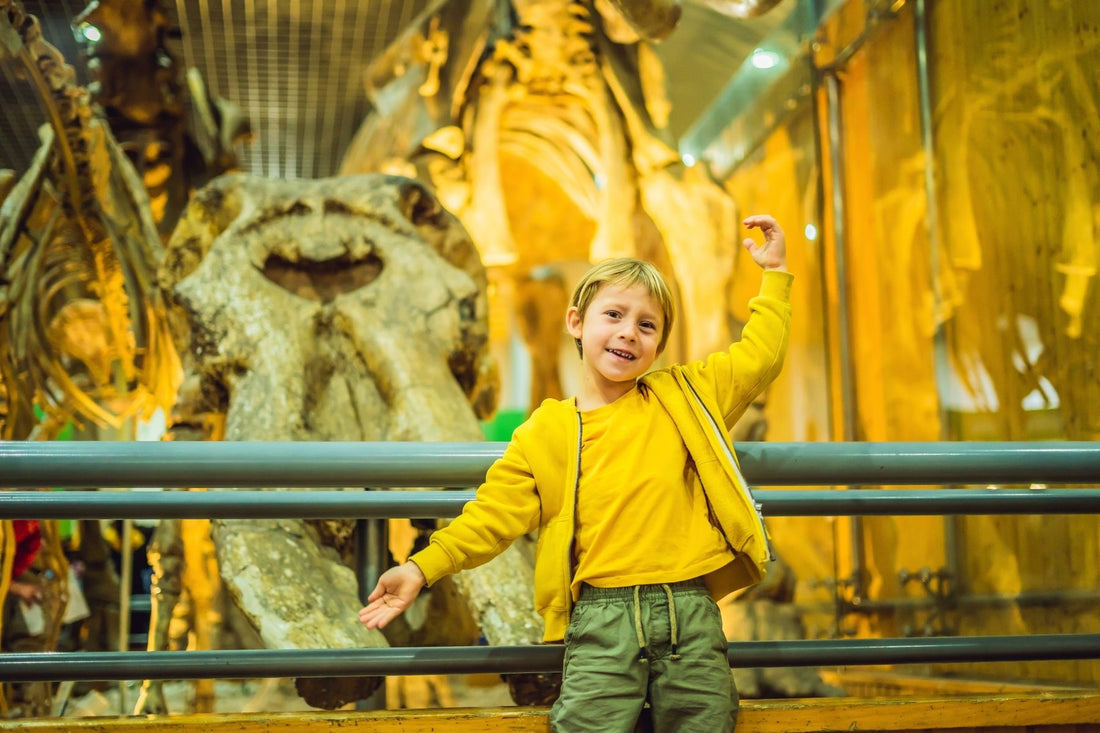
The Benefits of Travel for Children (Part 2): Nurturing Cognitive Development
Nina PaulusShare
Travelling offers children unique educational experiences beyond the confines of a classroom. Children can expand their knowledge and enhance their cognitive development by visiting historical sites, museums, and natural wonders. Let's explore a study that sheds light on the positive impact of travel on children's cognitive growth.

A study by Falk and Balling (2010) at the Smithsonian Institution examined the effects of educational travel experiences on children's cognitive development. The researchers aimed to understand how travel experiences contribute to children's intellectual growth and cognitive abilities. The study utilized a mixed-methods approach, combining qualitative observations and interviews with quantitative measures to gain comprehensive insights.
The study involved a diverse sample of children aged 8 to 12 with varying travel experience levels. The researchers visited museums, historical sites, and other cultural destinations with the children and observed their interactions, curiosity, and engagement with the surroundings. They also conducted structured interviews to gather the children's perspectives and reflections on their travel experiences.
Additionally, the study included quantitative assessments of children's cognitive abilities, including critical thinking, problem-solving skills, and knowledge retention measures. These assessments were conducted before and after the travel experiences to compare the cognitive growth of children who had participated in educational travel with those who had not.

The study’s results demonstrated a significant positive impact of travel on children's cognitive development. Children who engaged in educational travel experiences exhibited higher levels of critical thinking and problem-solving skills than their peers who had not travelled extensively. The researchers observed that travel stimulated children's curiosity, encouraged active learning, and provided real-world contexts for them to apply their knowledge.
Furthermore, the study found that travel experiences enriched children's knowledge retention. Children could recall and retain information better when they had personally experienced the subject matter during their travels. For example, visiting a historical site made history lessons more memorable and meaningful for the children, leading to a deeper understanding of the subject.
Travelling offers children a unique educational experience that enhances their cognitive development. The study conducted by Falk and Balling (2010) highlighted the positive impact of travel on children's intellectual growth, showing how it stimulates their curiosity and deepens their understanding of various subjects. Through educational travel experiences, children develop critical thinking skills, problem-solving abilities, and a broader world perspective. So, let's embark on journeys that not only create cherished memories but also nurture the minds of our children.
Reference:
Falk, J. H., & Balling, J. D. (2010). The museum experience. Smithsonian Institution.




